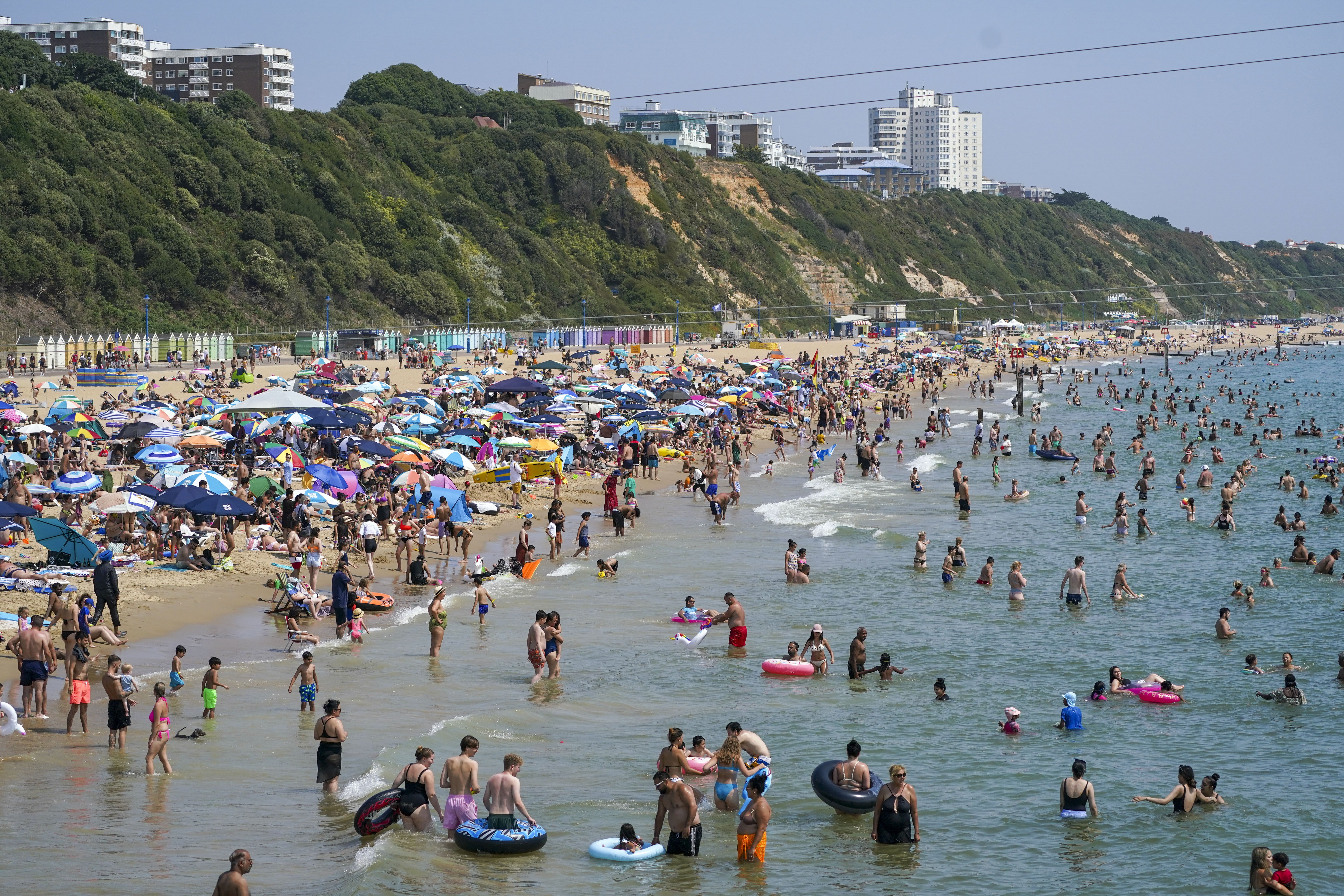Deaths during July heatwave higher on average than rest of month
A combination of factors could have caused the spike, not just the increase in heat.

Your support helps us to tell the story
From reproductive rights to climate change to Big Tech, The Independent is on the ground when the story is developing. Whether it's investigating the financials of Elon Musk's pro-Trump PAC or producing our latest documentary, 'The A Word', which shines a light on the American women fighting for reproductive rights, we know how important it is to parse out the facts from the messaging.
At such a critical moment in US history, we need reporters on the ground. Your donation allows us to keep sending journalists to speak to both sides of the story.
The Independent is trusted by Americans across the entire political spectrum. And unlike many other quality news outlets, we choose not to lock Americans out of our reporting and analysis with paywalls. We believe quality journalism should be available to everyone, paid for by those who can afford it.
Your support makes all the difference.Deaths that occurred in England during periods of very hot weather in July were higher on average than on other days in the month, new figures show.
Some 1,224 deaths took place on average each day from July 10 to 22, 23 to 25 and 30 to 31, 7% higher than the daily average of 1,149 for the rest of the month.
Deaths peaked at 1,775 on July 19 – the day that temperatures of 40C were recorded in the UK for the first time.
The figures, which have been published by the Office for National Statistics (ONS), also show that deaths due to Covid-19 in England averaged 60 on heat-period days in July compared with 46 on other days, a jump of 31%.
The UK endured several bouts of exceptionally hot weather last month, which saw temperature records tumble across the country and prompted the Met Office to issue its first ever red warning for extreme heat.
There were three “heat periods” during the month, as defined by the UK Health Security Agency.
The first began on Sunday July 10 and ran to Friday July 22, which saw temperatures reach a new all-time high of 40.3C at Coningsby in Lincolnshire on July 19.
The other periods ran from July 23 to 25 and July 30 to 31.
Deaths that occurred during these periods and which were above the average for the rest of the month “could be because of a combination of factors, not just the increase in heat,” the ONS said.
“Further investigation is required to understand this fully” and more analysis will be published “in due course”.
In Wales, an average of 83 deaths occurred on heat-period days last month, 12% higher than an average of 74 on other days.
Deaths due to Covid-19 in Wales averaged four on heat-period days compared with three on other days.
The leading cause of death in England in July was dementia and Alzheimer’s disease, which accounted for 11% of all deaths.
It was the 13th month in a row that this had been the leading cause.
In Wales, ischaemic heart diseases remained the leading cause for the seventh consecutive month, also accounting for 11% of all deaths.
Covid-19 was the sixth leading cause of death last month in England and Wales (4% of deaths in both nations).